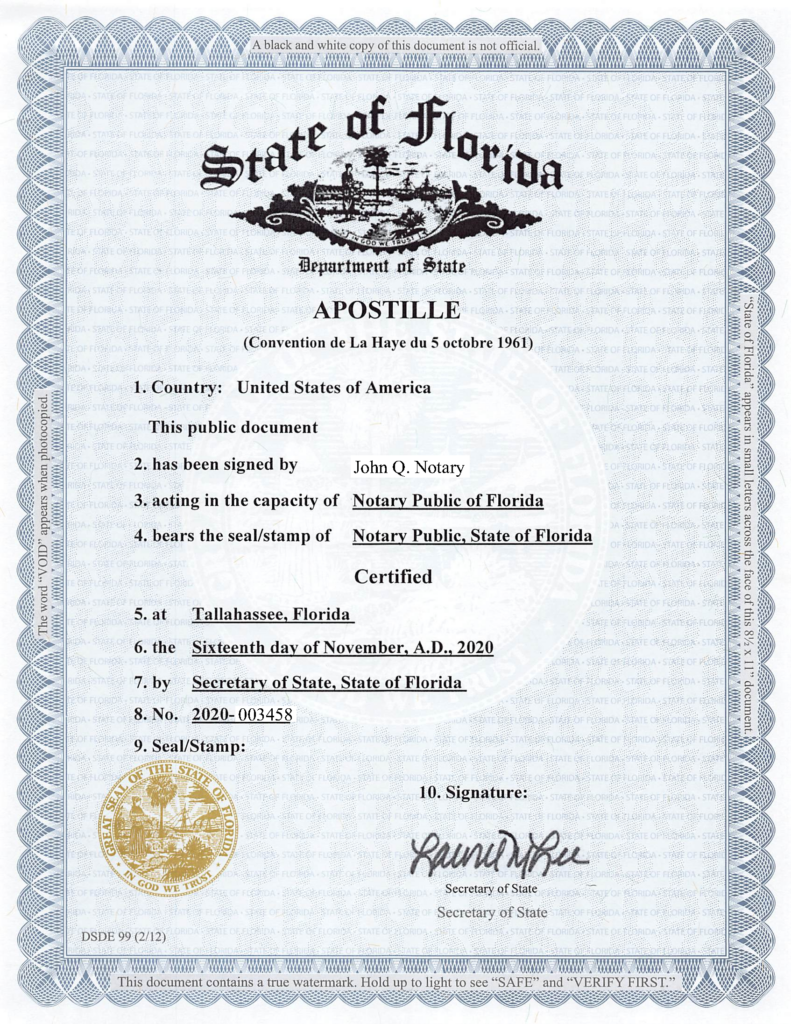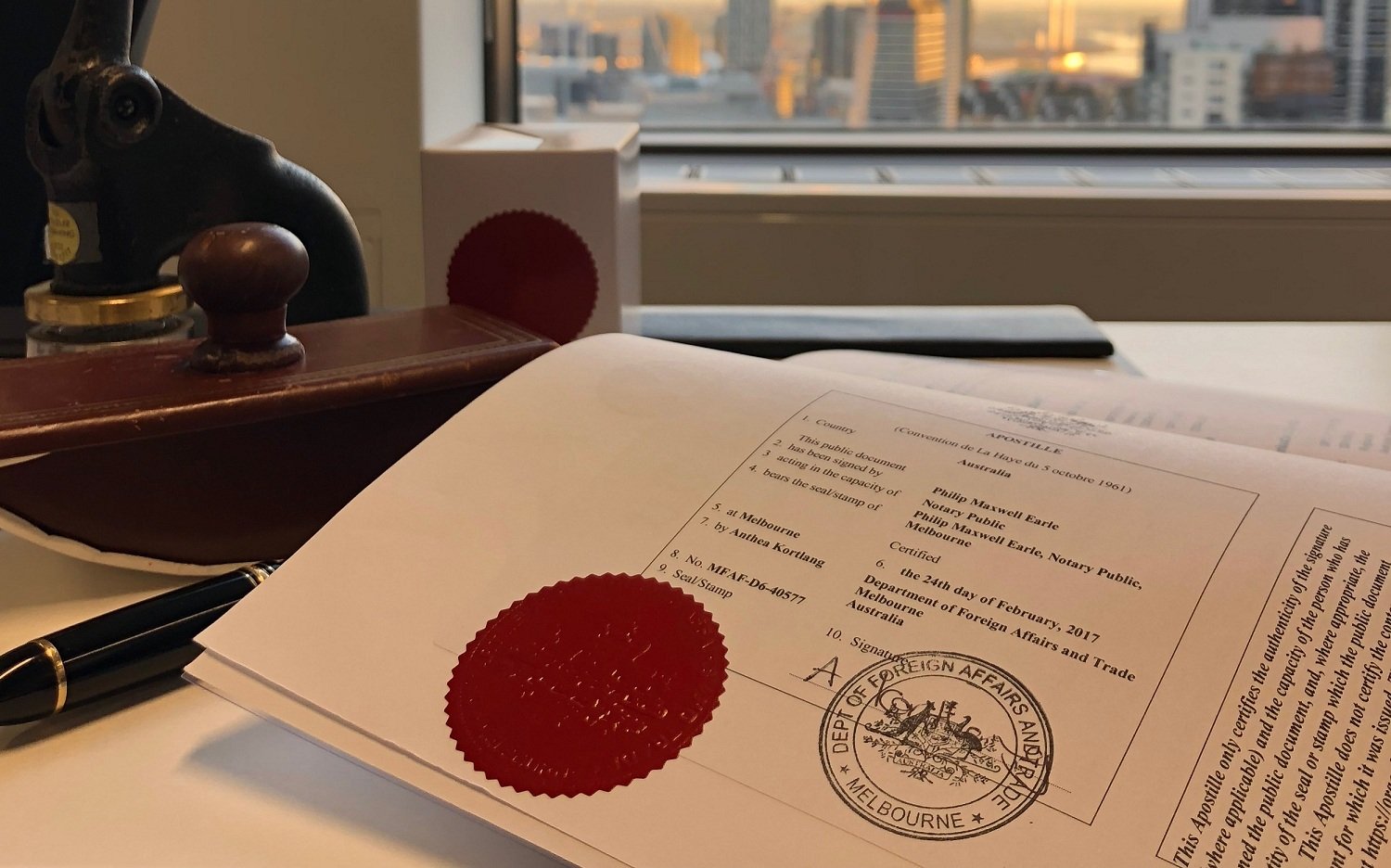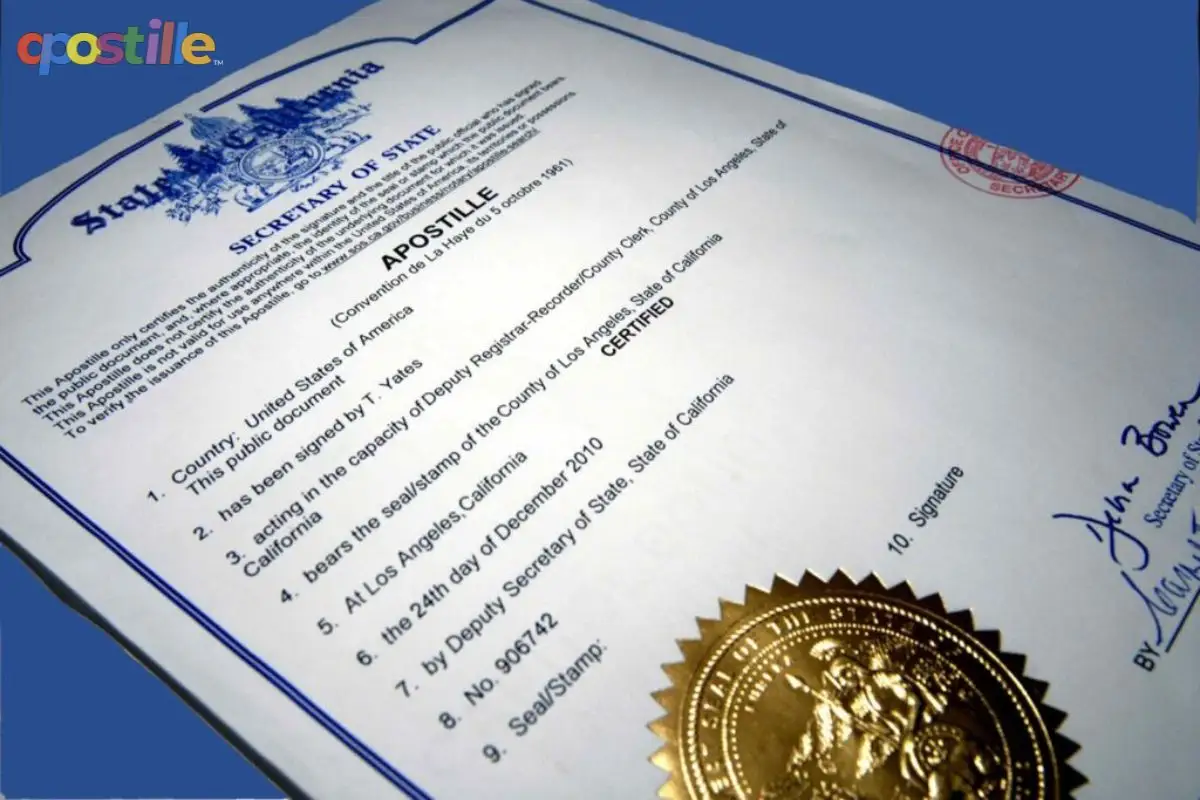Houston Texas Apostille Service: Your Path to Worldwide Acknowledgment
Houston Texas Apostille Service: Your Path to Worldwide Acknowledgment
Blog Article
Unveiling the Critical Duty of Apostille in Simplifying International Record Validation Procedures
In the realm of worldwide events, the recognition of files holds critical relevance. By attaching an apostille to a record, it undergoes a streamlined recognition that is identified across countless nations, thus alleviating the concerns linked with cross-border document verification.
Recognizing Apostille Essentials
In the realm of record recognition for global usage, realizing the basic concepts of apostille verification is vital. An apostille is a specific certification that validates the authenticity of a file for use in international countries that are component of the Hague Apostille Convention.
Apostilles are frequently issued for important documents such as birth certifications, marital relationship certifications, and academic records. The key parts of an apostille include the name of the nation where it was issued, the name of the individual signing the record, the capacity in which the individual authorized the paper, the seal or stamp of the providing authority, and the day of issuance. By understanding these basic facets of apostille authentication, organizations and people can browse the complexities of worldwide record validation with confidence and effectiveness.
Benefits of Apostille for Recognition

In addition, the apostille streamlines the verification procedure by giving a standardized certificate that confirms the credibility of the document, such as birth certifications, marriage licenses, notarized deeds, and academic transcripts. This standardized format lowers the risk of rejection as a result of unfamiliarity with foreign documents, thus enhancing the effectiveness of cross-border transactions.
In addition, the apostille aids in eliminating the requirement for numerous layers of verification by government authorities, as the apostille itself represents the paper's legitimacy. This not only accelerates the record recognition process yet also minimizes the linked prices and governmental difficulties, making it a cost-effective and practical remedy for people and organizations taking part in international activities.
Streamlining Cross-Border Document Authentication
Helping with the validation of files across international borders, the apostille process offers as a streamlined and universally identified method for confirming numerous sorts of main documents. Streamlining cross-border record verification, the apostille gets rid of the demand for lengthy and commonly complex recognition treatments commonly called for when presenting papers in foreign countries. By fastening an apostille to a file, the providing nation accredits the credibility of the paper, making it conveniently appropriate go now in various other nations that become part of the Hague Apostille Convention. This standard process substantially decreases the moment and effort involved in validating the legitimacy of main paperwork, advertising effectiveness and simplicity of global purchases.
Additionally, the apostille system improves the protection and credibility of cross-border document recognition by giving a clear and worldwide approved system for confirming the credibility of records. This simplification of authentication processes not only advantages people use this link and services looking for to run internationally but additionally cultivates smoother communication and partnership between countries by ensuring the dependability of shared documentation.
Importance of Apostille in Legalisation

Apostille makes sure that legal documents such as birth certifications, marriage certifications, powers of attorney, and court documents are identified and approved in foreign territories. The apostille procedure reduces the lengthy treatments and administrative hurdles commonly connected with file legalisation, making worldwide transactions a lot more efficient and legitimately binding.
Apostille Vs. Conventional Recognition Techniques
Contrasting apostille with typical recognition approaches exposes distinctive differences in the efficiency and simplicity of document authentication procedures for next worldwide usage. Apostille, as a standardized and streamlined technique developed by the Hague Convention, provides an extra simple strategy to validating papers contrasted to conventional approaches. Traditional recognition procedures frequently include numerous steps, including registration, certification by government authorities, and consular legalisation, which can be taxing and cumbersome.
Apostille, on the other hand, simplifies this procedure by licensing papers with a solitary apostille certification released by an experienced authority in the nation where the file stems (Houston TX Apostille). This certification is recognized by all member countries of the Hague Convention, getting rid of the requirement for more embassy legalization. Because of this, apostille considerably minimizes the moment and initiative needed for record recognition, making it a recommended selection for companies and people associated with international purchases
Final Thought
Finally, apostille plays a critical function in streamlining worldwide record validation procedures by providing a standard method of authentication that is identified across getting involved countries. By enhancing the legalisation process, apostille gets rid of the demand for several layers of recognition, reducing time and expenses connected with cross-border record authentication. This efficient system benefits people and organizations seeking to use foreign papers for lawful functions, guaranteeing smoother international purchases.
By affixing an apostille to a paper, it goes through a streamlined recognition that is identified throughout countless nations, therefore relieving the problems linked with cross-border file authentication. Simplifying cross-border document verification, the apostille eliminates the demand for lengthy and commonly difficult validation procedures usually needed when providing papers in international nations. By fastening an apostille to a record, the releasing nation licenses the authenticity of the file, making it easily acceptable in other countries that are part of the Hague Apostille Convention. By affixing an apostille to a document, the issuing nation licenses the credibility of the trademark, seal, or stamp on the paper, making it valid for use in another participant nation of the Hague Apostille Convention without the need for further legalization.

Report this page